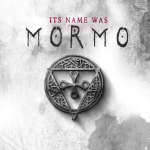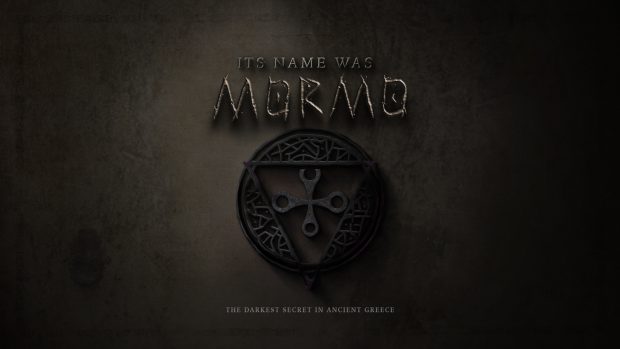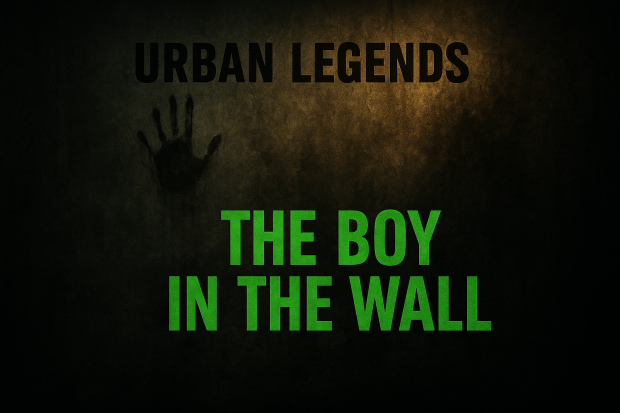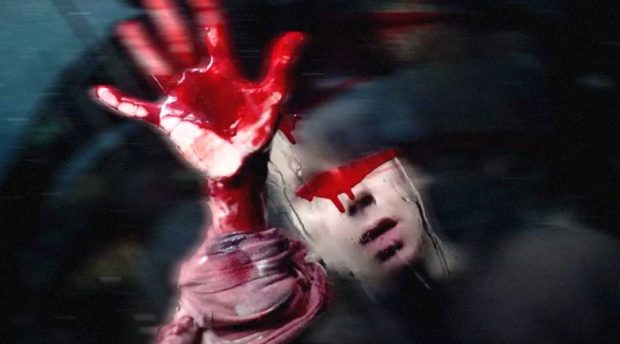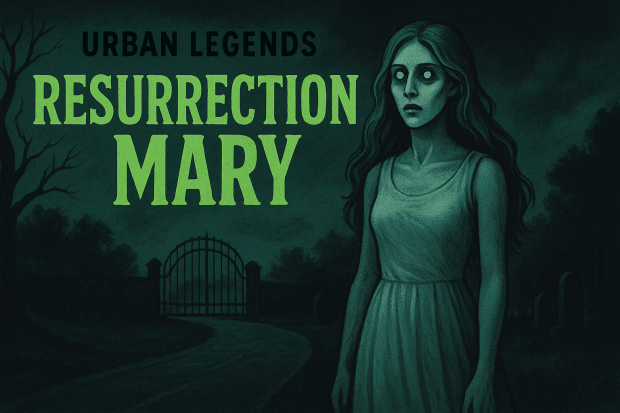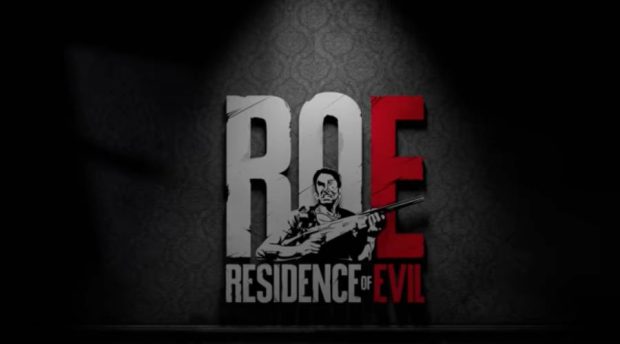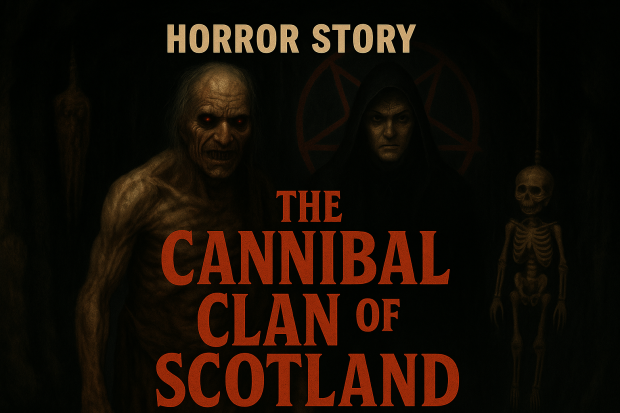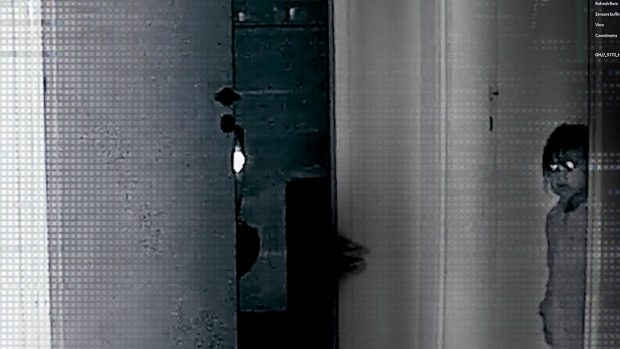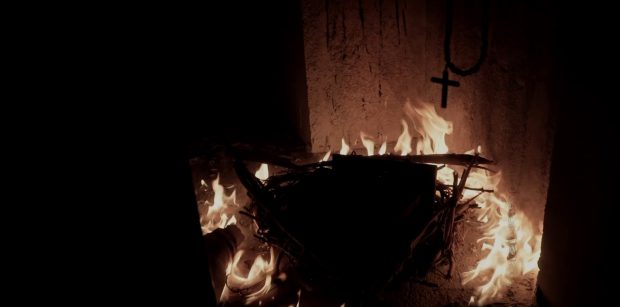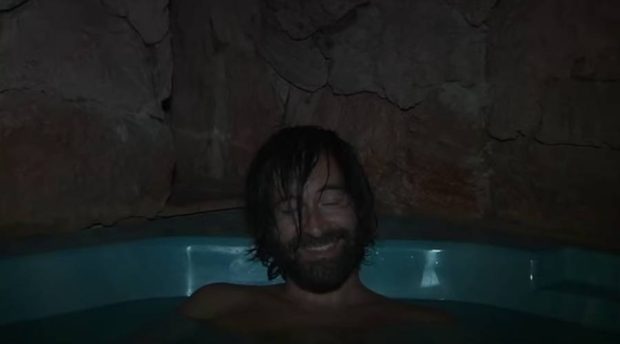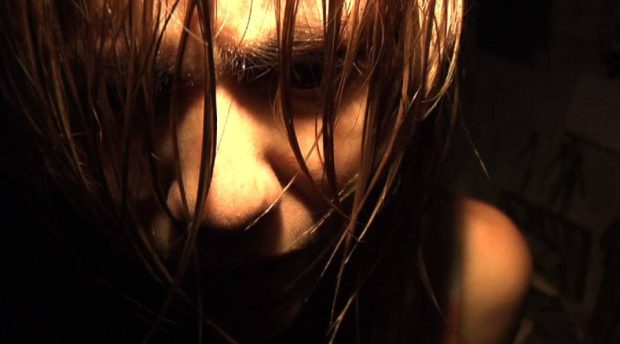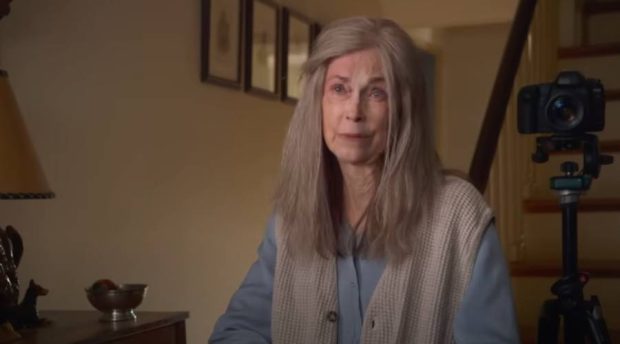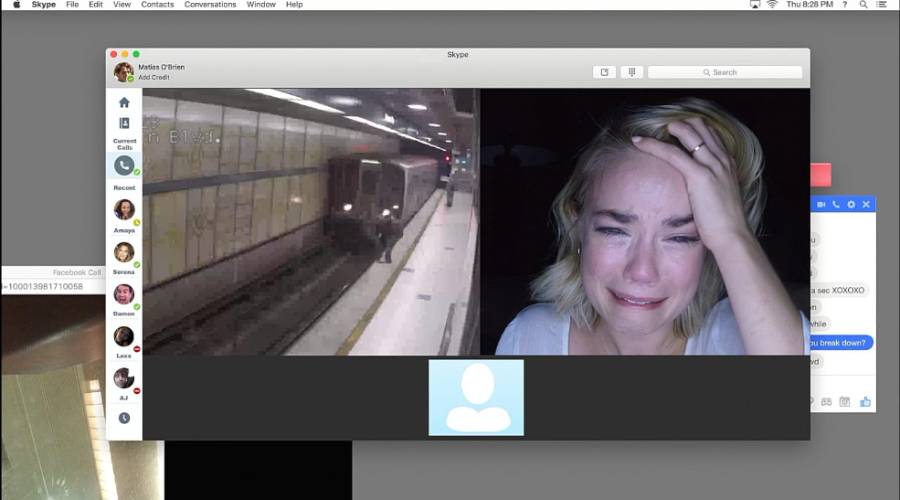
Unfriended: Dark Web (2018) – A Chilling Glimpse into the Terrifying Potential of Technology
Unfriended: Dark Web (2018) is a unique horror film that taps into the anxieties of our digital age, presenting a narrative entirely through the lens of a computer screen. This stylistic choice places viewers in the unsettling position of observing everything as though they are using the protagonist’s MacBook. While this presentation might feel gimmicky to some, it serves as an effective tool for building tension and immersing the audience in the technological horror that unfolds.
At its core, the film explores the dangers of the internet, particularly the unregulated and often terrifying world of the dark web. The moral undercurrent is clear: technology, though a powerful tool, can easily be exploited for sinister purposes. In this sense, Unfriended: Dark Web plays out almost like a modern-day cautionary tale, where ignorance of the darker sides of technology can lead to tragic consequences. This warning is presented forcefully, perhaps a bit too bluntly at times, as the film hammers home its message about how humanity’s worst impulses can be amplified by the anonymity and reach of the internet.

Don’t miss our movie review Oddity>
One of the film’s most effective elements is the sheer darkness of its content. It doesn’t shy away from graphic depictions of violence and psychological torment, particularly in the way Matias’ friends are systematically taken down. The filmmakers do an excellent job of making the viewer feel the horror and disgust of the atrocities committed by the hackers, with the violence feeling cold, calculated, and disturbingly realistic. This grounded, tech-driven horror is a far cry from traditional scares involving supernatural monsters or haunted houses, but it taps into a very real fear—the idea that we are not as safe in the digital world as we think.
However, while the presentation is innovative, it is also somewhat erratic. The found-footage-style format, though compelling, can at times detract from the film’s cohesion. Watching the entire story unfold on a computer screen requires a certain level of suspension of disbelief. Some viewers may find themselves distracted by the unnatural flow of conversations and the frequent toggling between Skype, Facebook, and dark web browsers. Moreover, for those who are particularly tech-savvy, there are several glaring technical inaccuracies that could take them out of the experience. The mechanics of how the characters navigate these platforms are often implausible, and this has been pointed out by critics as one of the film’s more obvious flaws.

The character development is another weak spot. While the ensemble cast plays their roles competently, each character fits into a stereotype. For example, the conspiracy theorist serves as comic relief, while the hacker character conveniently exists to explain key plot points. This makes it difficult to connect emotionally with the characters, as they often feel like caricatures rather than fully realized people. Matias, the film’s protagonist, is particularly hard to root for, which is an issue when so much of the film depends on the audience feeling invested in his plight. The lack of sympathy for the characters makes it difficult to fully engage with the horror they face, and this detachment has been a significant point of criticism.
Audience reception has been polarizing, reflecting the divisiveness of the film’s approach. Some viewers were thrilled by the dark, suspenseful plot, praising it as a significant improvement over the first Unfriended film. They appreciated the ramped-up tension and the more intricate storyline, noting that the movie successfully maintained a level of dread throughout. Others, however, were less impressed. Negative comments often focused on the shallow characters and the lack of genuine scares, with some even admitting that they were rooting for the hackers rather than the victims. They described the film as boring and overrated, feeling that the final scenes were rushed and left too many questions unanswered. The trailer had promised a terrifying experience, but for some, the ending was ultimately unsatisfying and confusing.
On the other hand, the film’s pacing received mixed reactions. While some appreciated the steady buildup of suspense, others felt that the plot moved too quickly, especially in the final act. The rush to the climax, paired with the confusing ending, left several viewers disappointed. The abruptness of the resolution undermined the tension that had been carefully constructed throughout the film, and the decision-making of the characters in the final moments felt frustratingly nonsensical.
Watch Unfriended: Dark Web on Netflix>
Despite these criticisms, Unfriended: Dark Web still succeeds in tapping into a primal fear—the loss of control over one’s online presence and privacy. The film highlights how vulnerable people are in a world where personal information can be exploited with devastating consequences. This is a relevant and timely message, given the increasing concerns over digital privacy and cybercrime in today’s society.
In conclusion, Unfriended: Dark Web is a bold, innovative attempt to explore modern horror through the lens of technology. Its presentation is divisive, but the film effectively creates an atmosphere of dread by showcasing the horrors of the dark web and the terrifying possibilities of digital exploitation. While it stumbles with weak character development and some technical inaccuracies, the film still manages to deliver a unique and unsettling horror experience that will resonate with viewers who fear the darker corners of the internet. Whether you love it or hate it, Unfriended: Dark Web undeniably leaves an impression.


